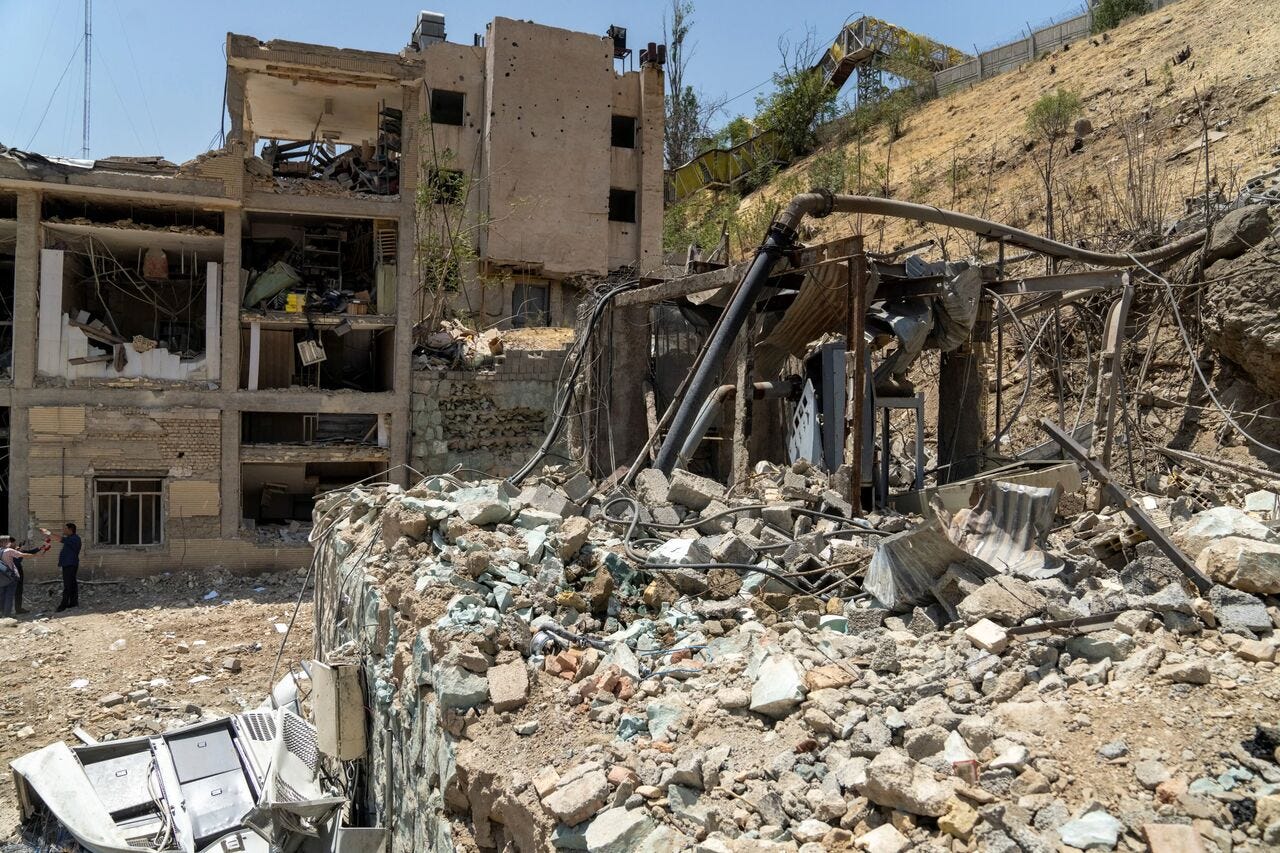Human Rights Watch: Israeli Strike on Tehran’s Evin Prison an “Apparent War Crime”
Rights group says attack killed at least 80 civilians, including prisoners and their families, with no evidence of military targets present
Tehran, PUREWILAYAH.COM – Human Rights Watch (HRW) has condemned the Israeli regime’s June 23 airstrike on Evin Prison in Tehran, calling it unlawfully indiscriminate and an apparent war crime. The attack, carried out during visiting hours, killed at least 80 people — including prisoners, visiting family members, and prison staff — with no signs of any military targets in the area.
According to official Iranian reports and HRW’s investigation, over 1,500 prisoners were held in the 43-hectare facility at the time, many of them political detainees and activists imprisoned in violation of their rights. The strikes damaged key civilian infrastructure within the prison, including the visitation hall, medical clinic, central kitchen, and several wards holding political prisoners.
“Israel’s strikes on Evin Prison killed and injured scores of civilians without any evident military target, in violation of the laws of war, and is an apparent war crime,” said Michael Page, HRW’s Deputy Middle East Director.
Between June 24 and July 29, HRW interviewed 22 people — including relatives of victims, former inmates, and individuals familiar with the prison’s layout — and reviewed videos, photographs, and satellite imagery from before and after the attack. Evidence showed that Israeli strikes destroyed the prison’s southern and northern entrances, the visitors’ information building, and parts of the judicial complex.
Witnesses said families often gathered in the visitors’ building to deliver clothes and medicine. Among the civilians killed outside the prison were 61-year-old artist Mehrangiz Imenpour and 69-year-old businessman Ali Asghar Pazouki.
HRW’s findings concluded that no Iranian military personnel, weaponry, or equipment were present at the time of the attack. Under international humanitarian law, prisons are considered civilian objects and are protected from attack unless being used for military purposes — a standard HRW says was not met in this case. (PW)
Source: IRNA


